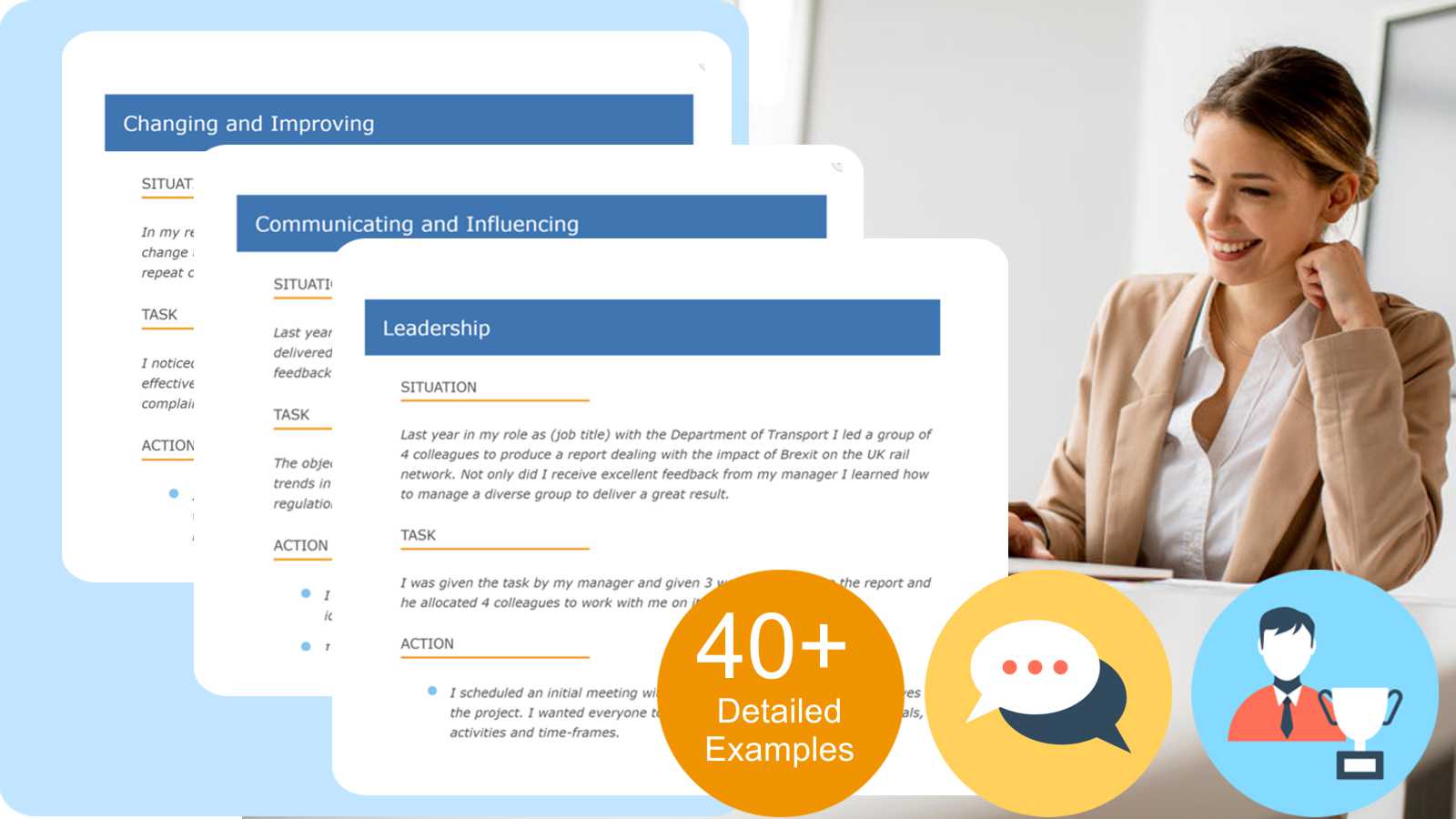
Are you failing at interview and wondering why?
Reasons why candidates fail at job interviews can be many and varied. One thing to remember is that interviewers dearly want to find the right candidate and are often nervous during the interview themselves which leads to them not getting the best out of candidates.
In this article:
- Why you might be failing at your interviews
- Social media and job interviews
- Reasons for failing interviews – 8 common mistakes to avoid
- Getting job interview feedback
- Failing at interview and confidence
- How to recover from failed interviews
- How to boost confidence for your next interview
Why you might be failing at your interviews
Failing a job interview process could be as simple as not providing sufficient information.
Perhaps you have failed to blow your own trumpet about your great experience.
Some people clam up at interview and are too shy to wax lyrical about successes they’ve had in their career to date.
Having your key achievements, knowing your strengths and what you bring, will really help and in particular if you can pigeonhole these into certain relevant areas such as teamwork/leadership and this is why we always recommend having perfect answers to the top interview questions.
In our coaching practice one of the most challenging aspects is answering competency based interview questions and scoring top marks. We see so many clients who are unable to summarise, to highlight the most relevant experience or even choose a good example to talk about.
Social media and job interviews
A word about social media. If you were an employer, how would you screen candidates? It doesn’t go without saying that you should lock down your social media and be extremely careful about the type of content you post on your personal page.
If you’re being interviewed for a driving job and you’re pictured on your Facebook page with drinks in hand on a Sunday night in the wee small hours before work, it’s highly likely a savvy employer will have googled you and seen such personal photos of you which could prove your downfall however innocent they may seem.
You may wish to consider temporarily or permanently deleting your social media accounts during your search for employment unless you are sure that you have nothing on your page to be worried about.
Perfect Answers: Know What To Say on Your Application and Interview
Reasons For Failing Interviews – 8 Common Mistakes to Avoid
1. Lack of interview preparation – try to get someone who is experienced at interviewing candidates to help you by doing a mock interview with you. Try to talk to people in similar industries and jobs and get their take on what the interviewer might ask or look for in you as a candidate.
2. Lack of clarity in your interview answers – nerves can play a huge part in providing a muddled answer to questions. If you are unsure exactly what the interviewer is asking or is trying to elicit from you, ask them about the context and if they can rephrase the question.
3. Providing waffly answers– if you absolutely do not know the answer to a technical question, say so. Honesty is to be admired and is often refreshing. It demonstrates that you will put your hand up and ask rather than say nothing and make mistakes. You can also add that you’re willing to learn and explain why you haven’t had experience in this area. It’s perfectly acceptable and understanding for an interviewer to discover that you don’t know everything about the job or the organisation, after all, you may not have worked there before.
4. Providing bad examples – Poor evidence of your past experience can result in failure. When asked about your relevant experience it is best to paint a picture and illustrate your answer with real life examples of where you have worked well in the past and any successes or improvements you have implemented.
5. Disrespecting your current or previous employer-never ever bad mouth your current or previous employer or any of the employees. It comes across really badly and sounds like sour grapes. It also says so much more about you in a negative way than it does about your previous workplace.
6. Providing Irrelevant Information – It is extremely important when being interviewed to be concise and direct and to provide relevant information. Fight the urge to waffle and try to ensure that the question is answered succinctly. If you forget the question, ask to be reminded again and ask for confirmation if you have answered the question to their satisfaction.
7. Being overqualified – If you apply for a job for which you are over-qualified, a recruiter may believe rightly or wrongly that you may leave at the first opportunity when you find something more challenging which fits your skills. It’s important to pre-empt this fear and reassure the interviewer that the post you have applied for is the post which you would commit your skills and talents to.
8. Being under qualified – This can present its own challenges. A recruiter will want to protect their own interests and choose the most suitable candidate. If you are under qualified this will obviously present doubts that you are capable of carrying out the demands of the role. One way to allay these fears is to use other scenarios and experience, be this voluntary work, family management roles and general personality traits which demonstrate that you would indeed be capable of the role. The interview provides a golden opportunity for you to convince the interview panel that you have what it takes. Take on the challenge and knock their socks off by matching your experience outside work to their job criteria.
Getting job interview feedback
Getting feedback from the interview process can be very enlightening. Often it can provide detailed areas where you did well and enables you to see areas which you need to improve. It’s a real confidence booster to get constructive feedback which enables you to improve your performance and build on areas where you perform well.
Failing at interview and confidence
Failing interviews on more than one occasion can have a devastating effect on your confidence. This is particularly true if you are long term unemployed and already lacking in confidence in your abilities. It’s important to remember you are not alone and many have failed interviews before you. In fact, many interviewees will have aced similar problems before. Here are some top tips on how to recover from job interview rejection.
How to recover from failed interviews
Success is born out of rejection, and some of the greatest and most successful people had very high-profile rejections at interview. Stay stoic and plod on, there’s definitely a position out there with your name on it. Quite often, opportunities which slipped past you were not appropriate anyway and you may well discover later that you may have dodged a bullet and wouldn’t have been happy there anyway.
It’s important though to do some analysis of your interview performance and take stock. One of the ways of doing this is to take notes during and after the interview and then try to remember what you said for each question. This performance analysis and can really reveal why you have been unsuccessful.
How to boost confidence for your next interview
Making sure you walk the walk and are appropriately dressed for the organisation. If you’re going for a job as a primary school teacher, a sharp business suit may not be appropriate, consider the environment you will be working for and dress like those who work there which will help future employers see you as an easy fit.
Make sure you have researched the organisation and any potential competitors. Get a feel for the business environment in which they operate so you can understand the challenges, threats and opportunities and risks and bring your skills and experience to these.
Be aware of an organisations raison d’etre, why are they in existence, what is their mission statement. These days there’s really no excuse for a lack of research and it’s easy to get a feel for the organisation through their social media channels which easily help you find out how they tick. If your organisation is a trendsetter and this is important in their market, make sure you understand the social media market and the relevant trendsetters in their area.
It’s not against the rules and doesn’t count as canvassing if you request a tour of the organisation prior to the interview. It shows that you are keen and interested and want to see how the organisation works and how you might fit into it. It’s also a really great opportunity to see how employees work and the layout of the organisation and you’ll also likely glean valuable information and tips prior to the interview about the business.
How to Never Fail Another Job Interview
Want to dramatically boost your chances of success in your next interview? Want winning interview answers including detailed STAR templates?
InterviewGold is the leading online interview training system. Best of all it is job specific so you will know just what to expect in your interview and you will quickly and easily learn how to succeed and get the job you want.
- Easy online interview skills training
- Job specific questions with winning answer guides
- Competency questions plus over 40 expert STAR template answers
- Interactive mock interviews and easy practice interviews
- 100s expert lessons and video tutorials
- Content specific to your job
- 92% of members got job offers


